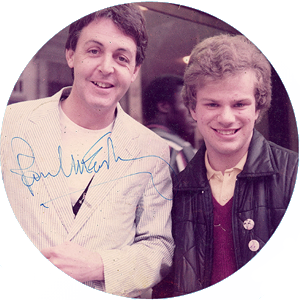This website uses cookies so that we can provide you with the best user experience possible. Cookie information is stored in your browser and performs functions such as recognising you when you return to our website and helping our team to understand which sections of the website you find most interesting and useful.
If British music has a soul, it resides in small venues. In hundreds of pub backrooms, grotty gig venues, DIY spaces and sweat-soaked basement clubs where lives are changed and, occasionally, history made. Alongside more established mid-sized venues, these places are talent incubators, providers of joy and a significant source of economic activity. More important, they also crystallise, if not trigger, profound cultural shifts – and have for almost 70 years.
From the Beatles at the Cavern or the Sex Pistols at the 100 Club, to dubstep focal point FWD at London’s Plastic People (RIP), or Optimo’s legendary Sunday nights at Glasgow’s Sub Club, we live atop a thriving, ever-mutating underground that shapes how the UK looks, sounds and is. That underground influences not just what you hear on Radio 1 and high-street fashion but – certainly until 2016 – it helped fuel the slow, undeniable rise of a more socially progressive Britain. From hardcore punk gigs to LGBTQ+ all nighters, spilling out of the communion of the moshpit or dancefloor flows a more freethinking and tolerant society.


